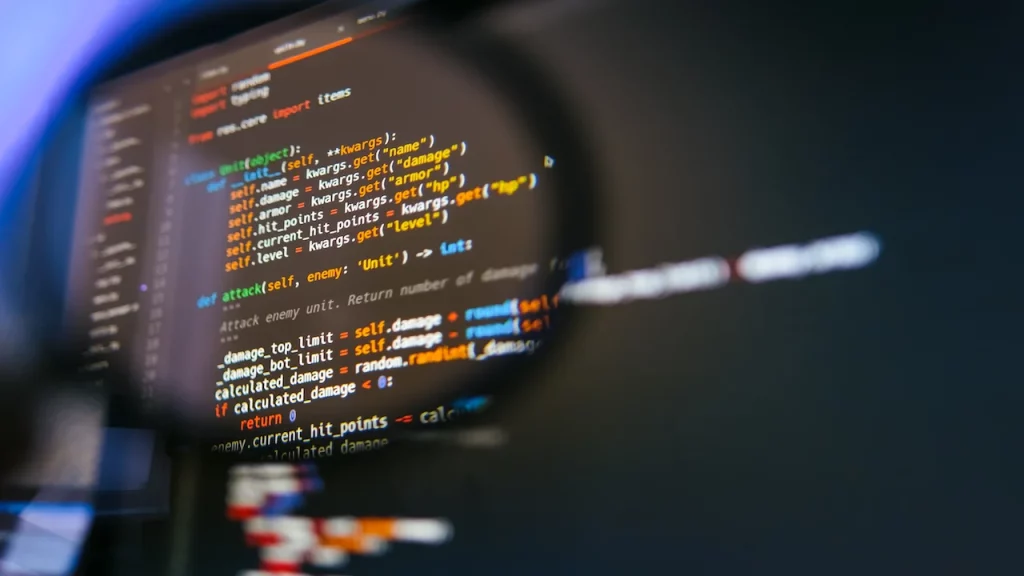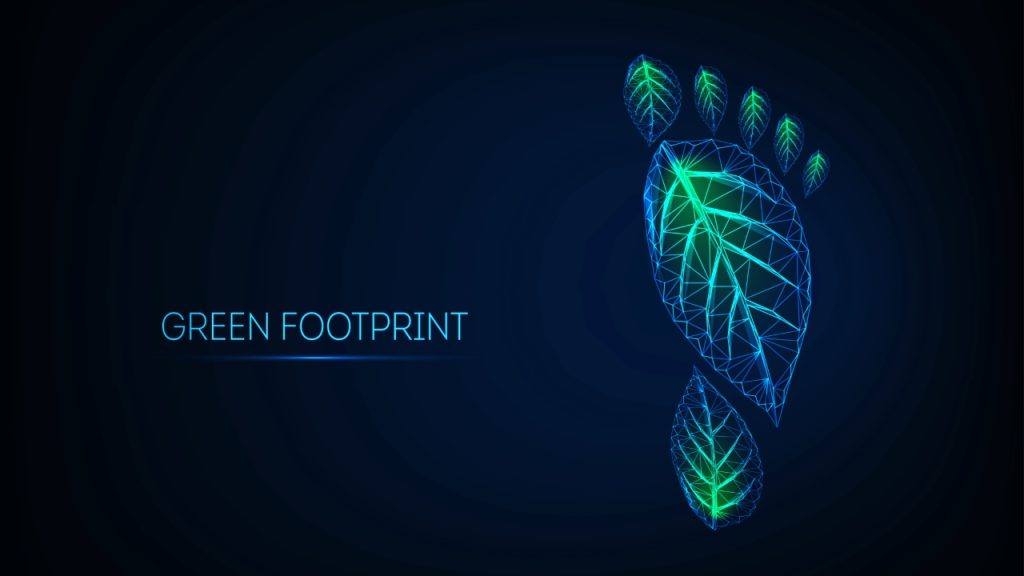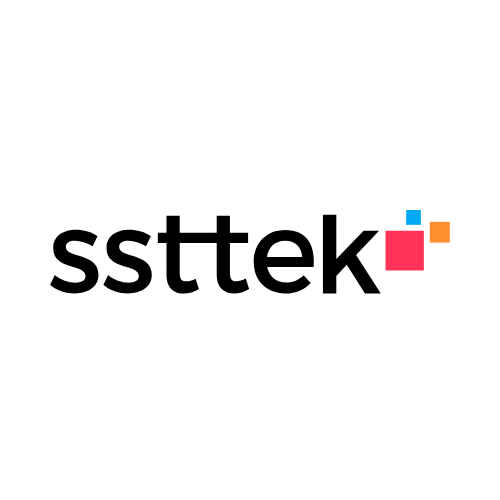In today’s data-driven environment, it has become a necessity for businesses and individuals to make use of the power of data. Data science transforms raw data into actionable insights and enables businesses to make better decisions, enhance efficiency, and uncover hidden opportunities for growth.
On the other hand, applied data science is the practical application of data science concepts, techniques, and methodologies to solve real-world problems and achieve specific goals within various domains. While data science focuses on the broader exploration, analysis, and interpretation of data to derive insights, applied data science implements them in practical solutions, such as developing predictive models, optimizing processes, creating recommendation systems, etc.
Why Is Applied Data Science Important?
The importance of applied data science lies in its help for businesses in translating theoretical concepts and methodologies into tangible real-world solutions. Applied data science bridges the gap between theory and practice by transforming raw data into meaningful insights that drive informed decision-making, innovative problem-solving, and the development of cutting-edge products and services.
Another reason why employing data science in your business is a necessity is that it serves as a shield against fraud and cybersecurity flaws. By analyzing large volumes of data, it identifies unusual patterns, detects anomalies, and raises alerts for potential breaches. So that organizations can respond to threats swiftly, fortify their cybersecurity measures, and protect sensitive data from unauthorized access. In an era where digital risks are rampant, applied data enables businesses to operate confidently in the digital landscape, safeguard their valuable assets, and maintain the trust of their clientele.

6 Examples of What Data Science Is Used For
Data science is a versatile and powerful field that is used across various industries. Here are some examples why businesses use data science:
- Business Intelligence and Analytics: Applied data science enables businesses to gain insights into market trends, customer behavior, and business performance so that they can take their decision-making, resource allocation, and strategy formulation processes to the next level.
- Predictive Analytics: Data scientists build models to predict future outcomes based on historical data. This is primarily used for applications like sales forecasting, demand prediction, risk assessment, and more.
- Machine Learning and Artificial Intelligence (AI): Data science is the foundation of many machine learning and artificial intelligence applications. This includes image and speech recognition, natural language processing, recommendation systems, and autonomous vehicles.
- Marketing and Customer Insights: Businesses use data science to understand the behavior, preferences, and sentiment of their customers. By doing so, they can conduct targeted marketing campaigns and product development while improving their customer experience.
- Social Media Analysis: Data science techniques are used to analyze social media data to track trends, sentiments, and public opinions. This is mostly useful for reputation management, marketing, and public relations departments.
- Energy and Utilities: Another field that data science is used for is analyzing energy consumption patterns, optimizing energy distribution, and enhancing energy efficiency.
The Future of Data Science
The future of data science holds the promise of continued transformation and innovation, as emerging technologies and methodologies reshape this dynamic field. With the growth of data volumes and the emergence of new information sources, data scientists are expected to play a crucial role in deciphering complex patterns, extracting meaningful insights, and translating them into actionable strategies. On the other hand, the ethical rules that guide data science applications are predicted to be shaped by striking a balance between using data for innovation and protecting individual rights. This may require data scientists to work with domain experts, ethicists, and policymakers to ensure that data-driven innovations correspond with societal values and needs.


